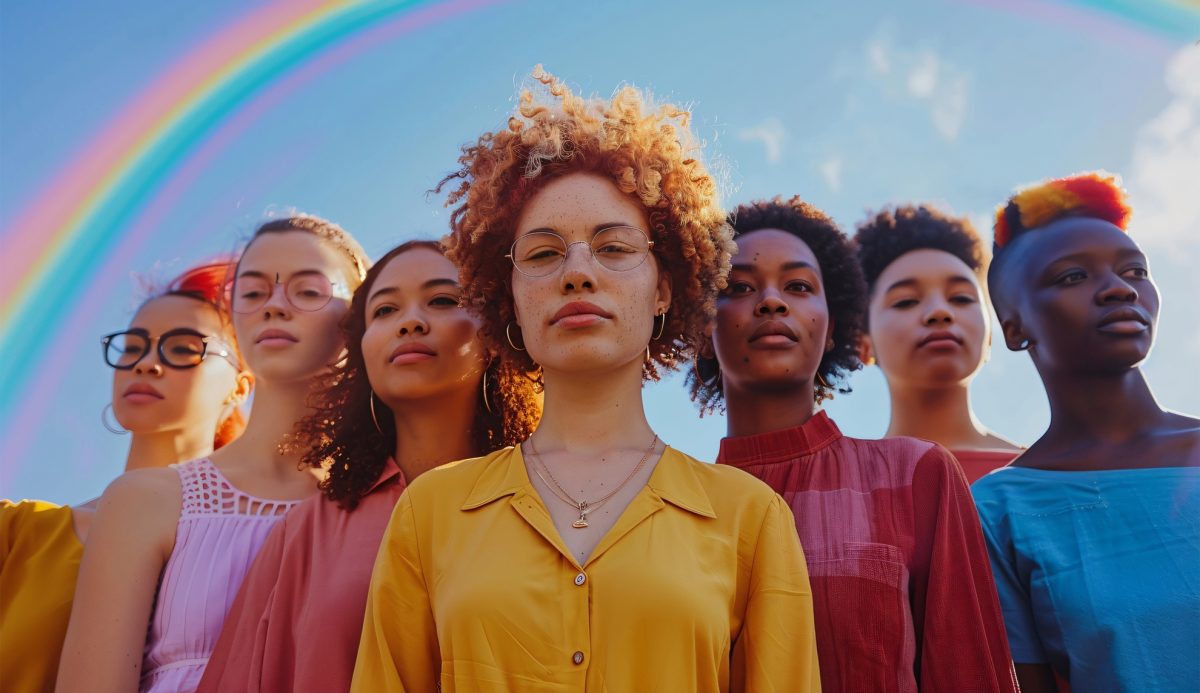What Are the Countries That Do Not Allow Same-Sex Marriages and Why?

There are several reasons why some countries do not allow same-sex marriage, which often stem from cultural, religious, legal, and political factors.
Traditional values and cultural beliefs. Many societies have deeply ingrained traditional values and cultural beliefs that define marriage as a union between a man and a woman. These values may be deeply rooted in historical, religious, or cultural traditions, leading to resistance against changes to the traditional definition of marriage.
Religious influences. Religious beliefs play a significant role in shaping societal attitudes towards marriage and often influence legislation and public policy. In countries where religious institutions hold significant sway, opposition to same-sex marriage may stem from religious teachings that view homosexuality as immoral or sinful.
Legal and political factors. Political ideologies and legal frameworks vary widely across countries, with some governments enacting laws that explicitly define marriage as between a man and a woman. Political leaders may face pressure from conservative factions or religious groups to maintain traditional definitions of marriage.
Lack of public support. In some countries, there may be insufficient public support or awareness of LGBTQ+ rights issues, making it politically challenging for policymakers to advance legislation for same-sex marriage. Public opinion and societal attitudes towards LGBTQ+ individuals can influence political decision-making on this issue.
Resistance to change. Social change often encounters resistance, particularly from those who perceive changes to traditional institutions such as marriage as a threat to societal values or norms. Opposition to same-sex marriage may stem from a desire to preserve traditional family structures and social hierarchies.
Human rights concerns. In countries where LGBTQ+ rights are not fully recognized or protected, same-sex marriage may be viewed as a controversial or divisive issue. Concerns about human rights, equality, and discrimination may clash with cultural or religious beliefs, leading to debates and tensions within society.
Historical and colonial legacies. In some cases, laws and attitudes towards same-sex marriage may be influenced by historical or colonial legacies. Countries with colonial histories may have inherited legal systems or cultural attitudes that uphold traditional definitions of marriage, which can persist despite changes in societal values over time.
***
From regions deeply rooted in traditional values to countries where political ideologies and legal frameworks clash with the push for equality, this exploration navigates the intricate tapestry of reasons behind the absence of legal recognition for same-sex marriage. We uncover the historical, religious, and social influences that contribute to the persistence of barriers to marriage equality in these nations.
There are still several countries where same-sex marriage is not legally recognized. The reasons for this vary and often stem from cultural, religious, or political factors. Here are some countries where same-sex marriage is not allowed, along with brief explanations:
Russia. Same-sex marriage is not legally recognized in Russia. The government has taken a stance against LGBTQ+ rights, citing conservative cultural and religious values as reasons for maintaining traditional definitions of marriage.
China. China does not legally recognize same-sex marriage. Cultural conservatism, as well as the government’s control over social and political discourse, contribute to the lack of progress in LGBTQ+ rights.
India. Same-sex marriage is not legal in India. Despite advancements in LGBTQ+ rights, including the decriminalization of homosexuality in 2018, there is still significant cultural and religious opposition to same-sex marriage.
Singapore. Same-sex marriage is not legally recognized in Singapore. The country’s laws are influenced by conservative cultural and religious values, and there is little political will to push for LGBTQ+ rights.
Most Middle Eastern and North African countries. Same-sex marriage is not legal in most countries in the Middle East and North Africa. Societal attitudes toward LGBTQ+ individuals are often conservative, and laws are influenced by Islamic law or cultural traditions.
Many African countries. Same-sex marriage is not legal in many African countries, where homosexuality is often criminalized and subject to societal discrimination. Cultural and religious beliefs play a significant role in shaping laws and attitudes toward LGBTQ+ rights.
Some Eastern European countries. Several Eastern European countries, such as Poland and Hungary, do not legally recognize same-sex marriage. Conservative values and political ideologies contribute to opposition to LGBTQ+ rights in these regions.
As we reflect on the challenges faced by LGBTQ+ individuals and communities in these nations, we are reminded of the ongoing struggle for equality and human rights around the world. While progress has been made in many regions, there is still much work to be done to ensure that all individuals have the freedom to love and marry whom they choose, regardless of sexual orientation or gender identity.
Moving forward, let us continue to advocate for equality, challenge discrimination, and promote acceptance and inclusion for LGBTQ+ individuals everywhere. By standing in solidarity and amplifying the voices of those affected by discrimination, we can work towards a future where love knows no boundaries and where all individuals are afforded the dignity and respect they deserve.
It’s important to note that the situation regarding LGBTQ+ rights and same-sex marriage can change over time, with some countries making progress toward legal recognition while others continue to uphold traditional definitions of marriage.


